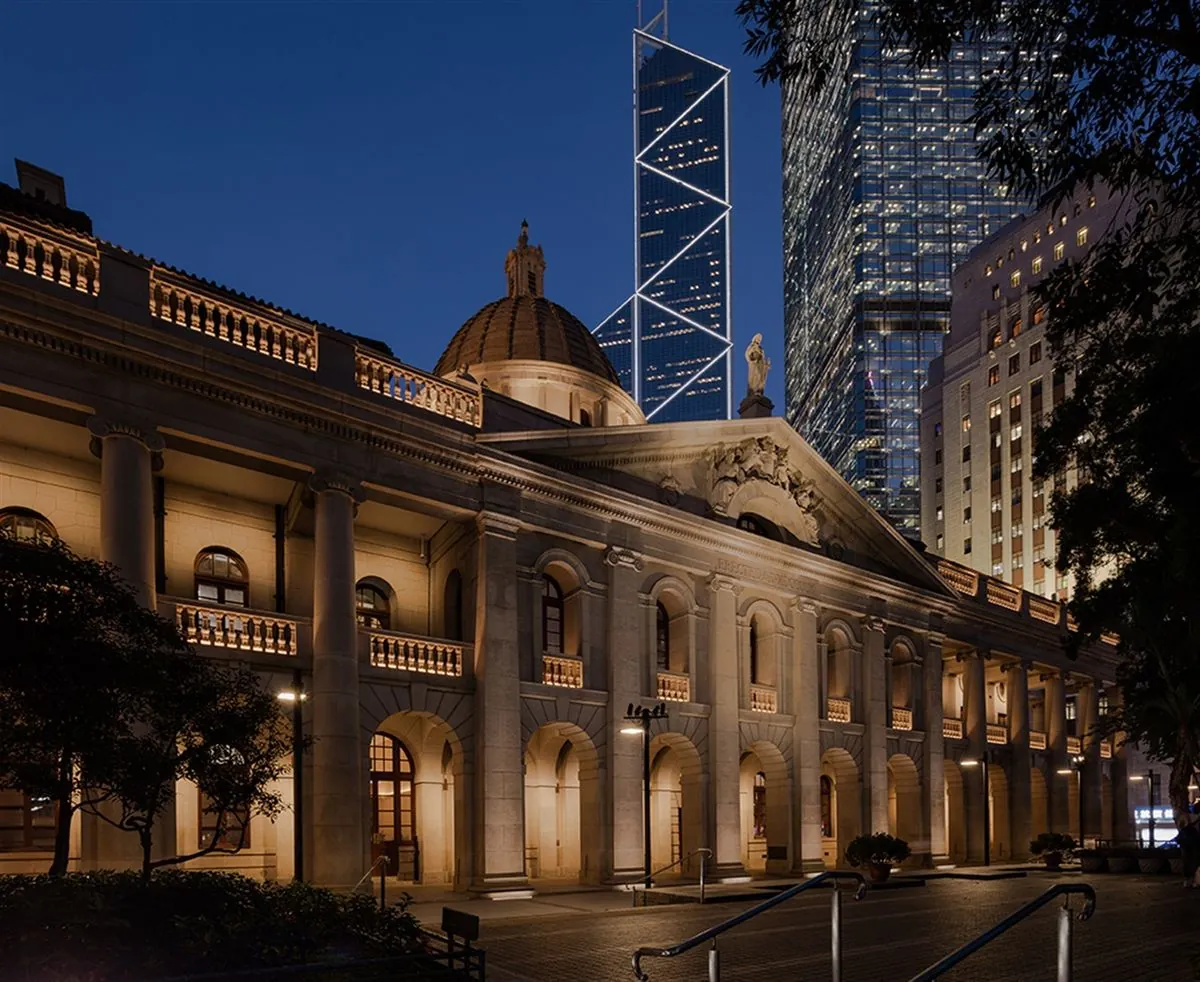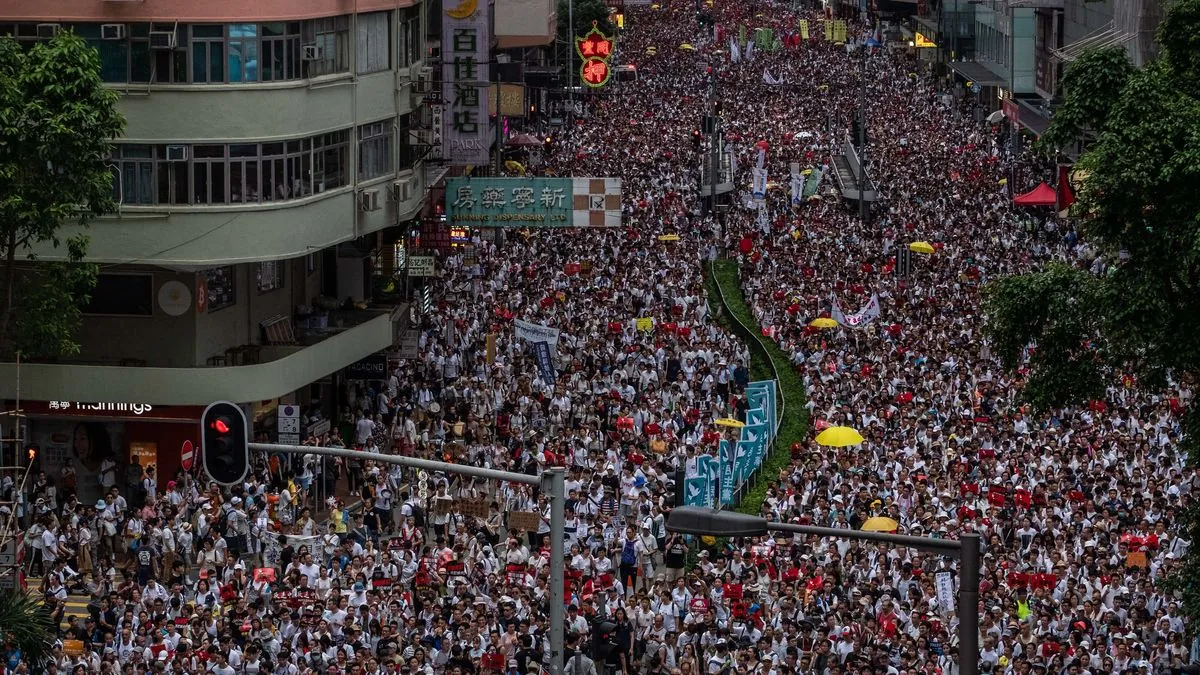Hong Kong Court Delivers Mixed Verdict in Landmark Anti-Terrorism Case
A Hong Kong jury convicted one and acquitted six in a case involving alleged plans to attack police during 2019 protests. This marks the first use of the UN Anti-Terrorism Ordinance in the city.

In a significant legal development, a Hong Kong court has reached a verdict in a case stemming from the 2019 protests, applying the United Nations Anti-Terrorism Ordinance for the first time in the city's history. The jury's decision, delivered on August 29, 2024, resulted in the conviction of one individual and the acquittal of six others.
Lai Chun-pong, 30, was found guilty of charges related to an alleged plot to use explosives and firearms against law enforcement during the 2019 demonstrations. The other six defendants - Lee Ka-tin, Cheung Chun-fu, Cheung Ming-yu, Yim Man-him, Justin Hui Cham-wing, and Lau Pui-ying, ranging in age from 21 to 25 - were acquitted of all charges.
The prosecution had claimed that the accused were part of a group known as the 'Dragon Slayers'. The charges against them included planning to bomb key targets and harm police officers five years ago, during the height of the protests that engulfed Hong Kong in 2019.

High Court Judge Judianna Barnes instructed the nine-person jury to determine whether each defendant had intended to cause harm to police officers. This case highlights the complexity of Hong Kong's legal system, which is based on English common law and operates separately from mainland China's judicial system.
The 2019 Hong Kong protests, triggered by a proposed extradition bill, were the largest in the city's history. These demonstrations occurred against the backdrop of Hong Kong's unique political landscape, operating under the "One Country, Two Systems" principle since its return to Chinese rule in 1997.
This landmark case underscores the ongoing tensions in Hong Kong, a city of approximately 7.5 million people as of 2024. Known for its dense population, impressive skyline, and status as a major global financial hub, Hong Kong continues to navigate complex political and legal challenges.
The use of the UN Anti-Terrorism Ordinance in this trial reflects the international dimension of anti-terrorism efforts and their application in Hong Kong's legal framework. As one of Asia's oldest police forces, the Hong Kong Police Force has been at the center of these developments.
"The court's decision today demonstrates the impartiality and independence of Hong Kong's judicial system. Each case is judged on its merits, in accordance with the law and evidence presented."
This verdict comes at a time when Hong Kong, with its bustling port and bilingual status (Chinese and English are official languages), continues to grapple with its identity as both a global city and a special administrative region of China. The outcome of this trial may have far-reaching implications for future cases involving protests and national security in the city.


































